

Josh Nevett
2025 Hyundai Ioniq 9 review
4 Days Ago
Japanese authorities are cracking down on the public use of motorised suitcases, requiring riders to carry a driver's licence.

Deputy Marketplace Editor
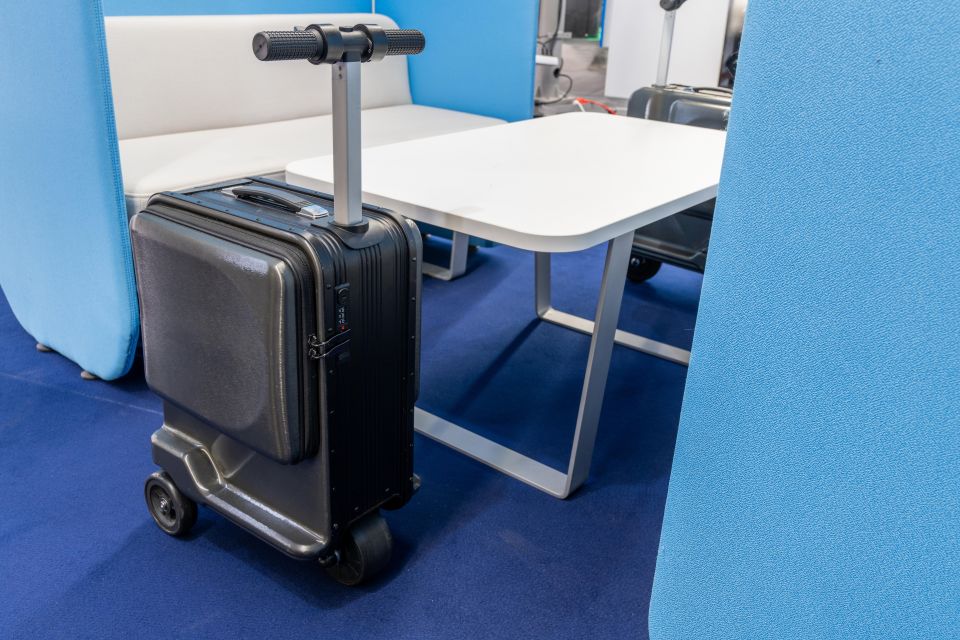

Deputy Marketplace Editor
If you haven’t heard of electric suitcases, you’re not alone – but the novel form of transport is currently at the centre of a crackdown by authorities in Japan.
Essentially a scooter with a built-in battery, an electric motor and a suitcase which doubles as a seat, electric suitcases are designed to whiz around airports and train stations at between 10 to 15km/h.
While they’ve gained popularity among Japanese locals and tourists alike, it seems the trend mightn’t last long, as law enforcement is coming down hard on people misusing the pint-sized vehicles.
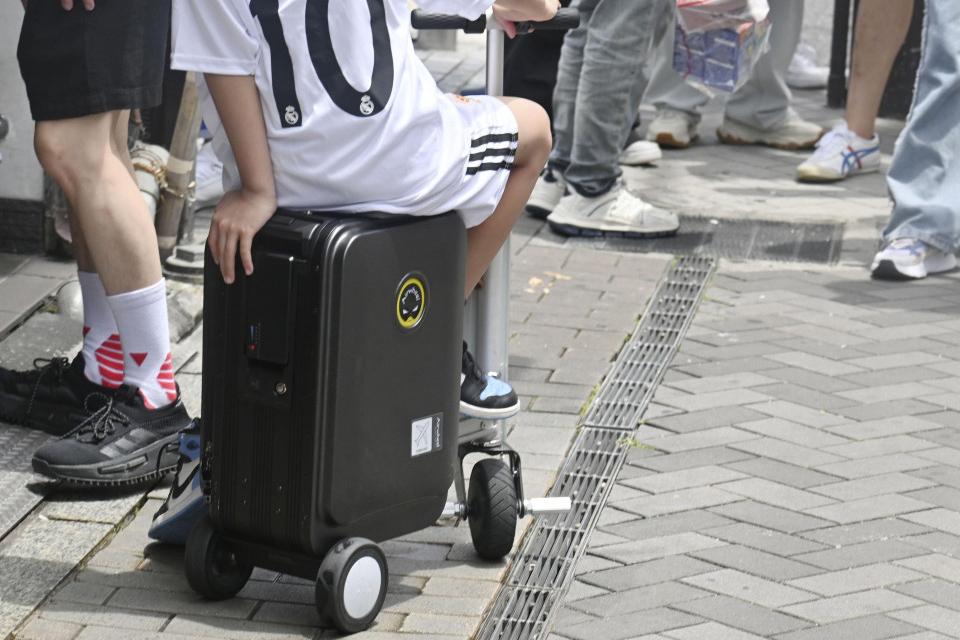
News agency Kyodoreports Japanese law regards electric suitcases as motorised vehicles, similar to mopeds, that can only venture into the public domain if the rider has a driver’s licence and wears safety equipment (helmet).
Many riders, especially tourists, have been caught unaware of these requirements, including a Chinese woman in her 30s who became the first electric suitcase rider to be prosecuted for unlicenced driving in June.
Other cases of foreigners falling foul of the law while riding their luggage have also been recorded.
Japan has recently faced a similar issue with electric scooters. Laws governing their use were relaxed last year, leading to a surge in traffic violations involving e-scooters.
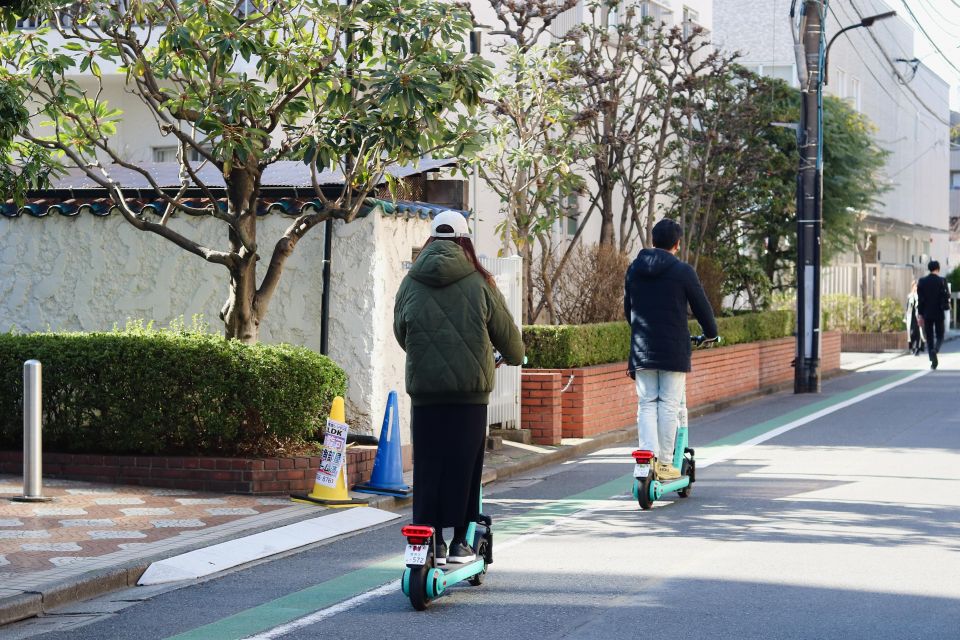
Traffic violations involving electric scooters surged fourfold in the six months after restrictions were eased in July 2023, according to the National Police Agency.
Two major Japanese airports – Chubu Centrair International Airport in Aichi Prefecture and Kansai International Airport in Osaka – have reportedly requested travellers refrain from riding electric suitcases, while police are trying to inform people throughout the nation about the strict laws surrounding them.
Concern over motorised luggage use comes as Japan attempts to accomodate a record number of tourists. The country welcomed 17.7 million visitors over the first six months of 2024, more than any previous six-month period.
Travellers have flocked to Japan to take advantage of the struggling Japanese Yen.
In March 2020, one Japanese Yen was worth 16 Australian cents, though it’s now worth just 10 cents.
Josh Nevett is an automotive journalist based in Melbourne, Australia. Josh studied journalism at The University of Melbourne and has a passion for performance cars, especially those of the 2000s. Away from the office you will either find him on the cricket field or at the MCG cheering on his beloved Melbourne Demons.


Josh Nevett
4 Days Ago


James Wong
4 Days Ago
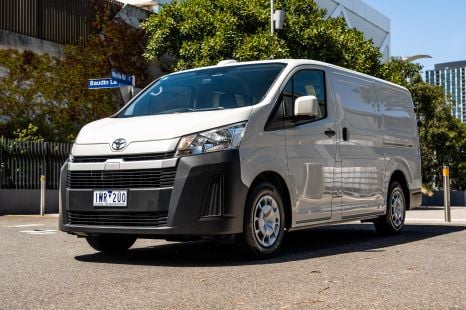

Max Davies
4 Days Ago


Andrew Maclean
3 Days Ago


Max Davies
2 Days Ago
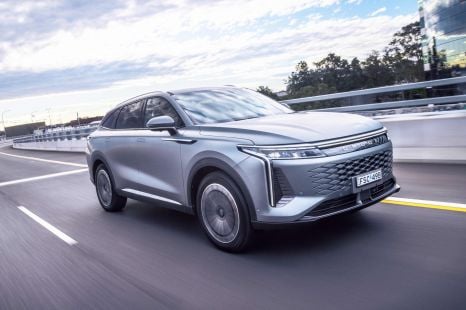

Damion Smy
8 Hours Ago